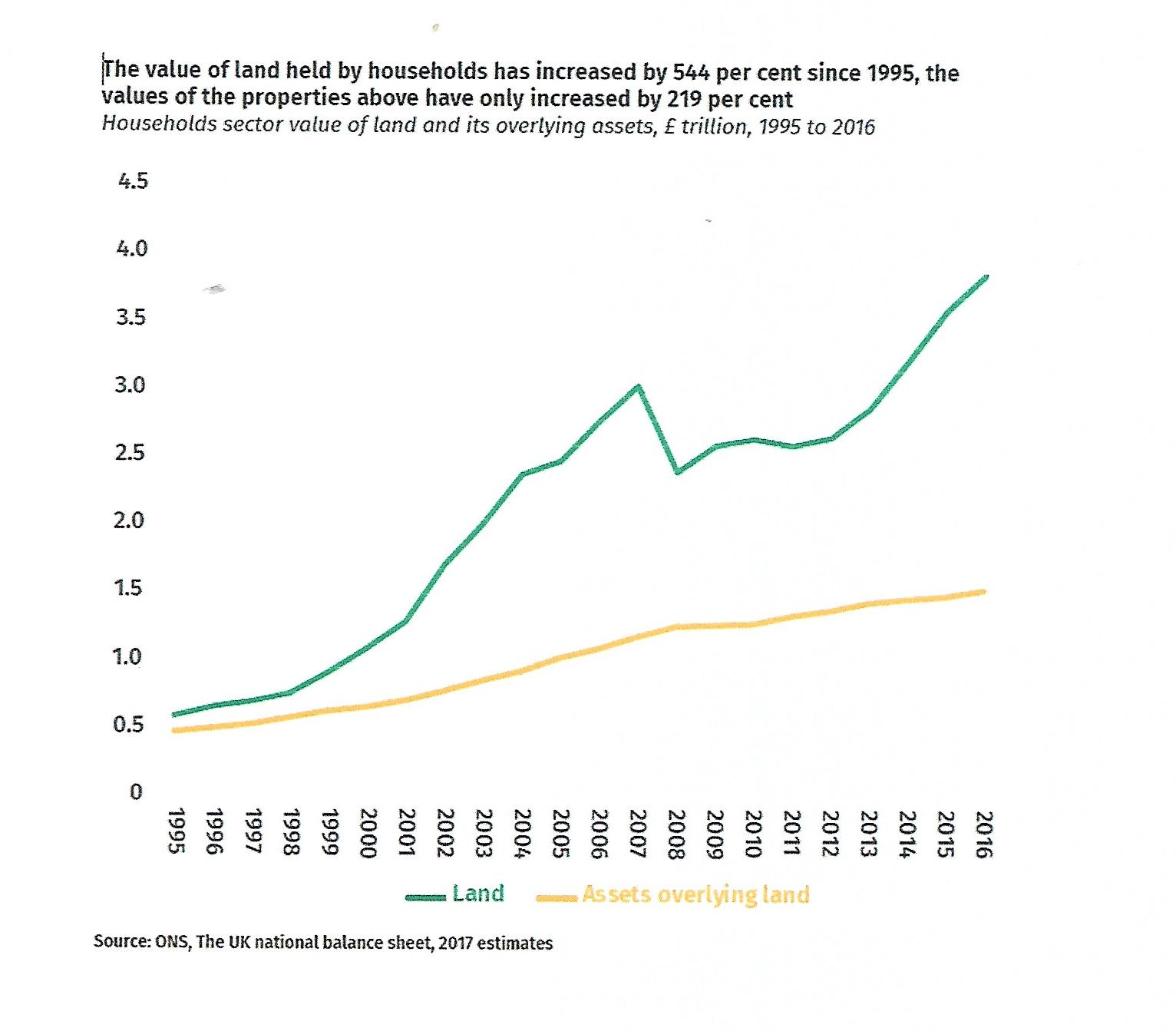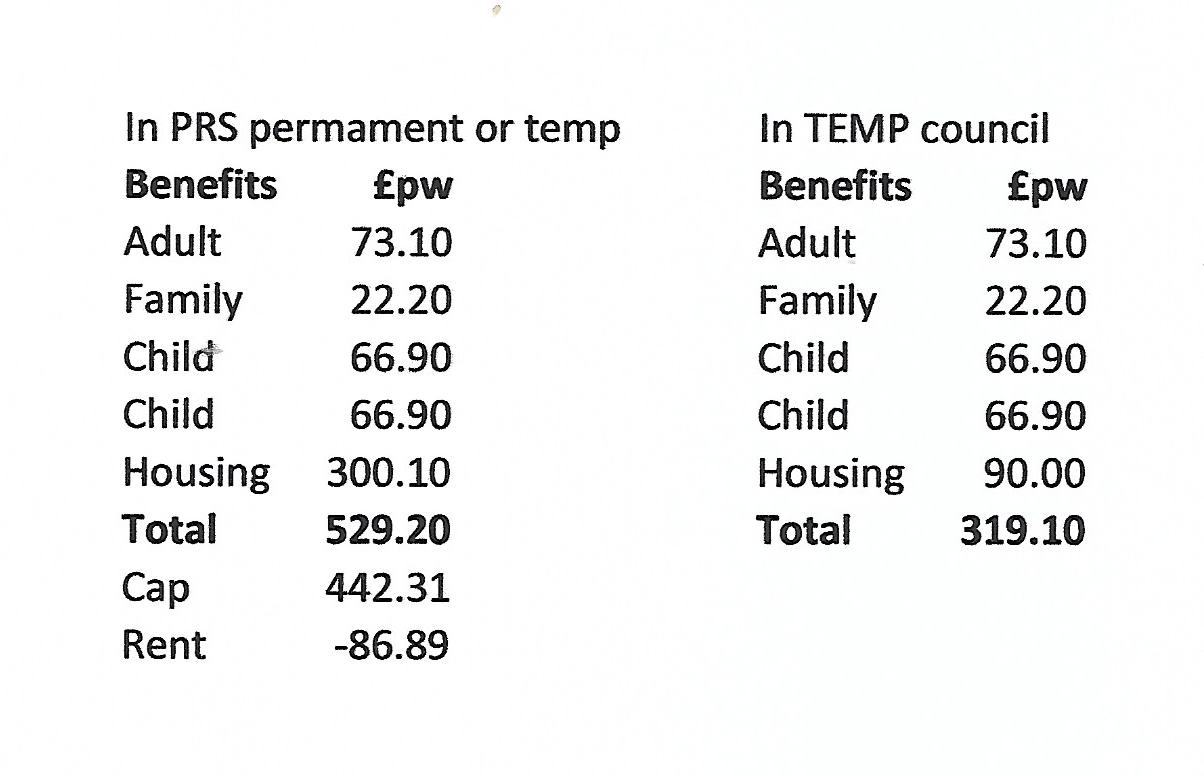1. GENERAL ELECTION MANIFESTOS MUST ADDRESS HOMELESSNESS AND HUNGER.
The 2012 and 2016 Welfare Reform Acts were seen through Parliament by
government ministers who sought to force the unemployed into work by
imposing inadequate incomes and punitive laws designed to treat them as
if they are at work.
Examples are:
- a monthly rather than a weekly income;
- housing benefit paid to the unemployed from which they pay the rent to the landlord as if it were from a monthly pay cheque; and
- strict rules about keeping appointments at the job centre.
The
purpose was to “change the culture” of unemployment, on the mistaken
assumption that the unemployed lived an easy life on benefits so were
unlikely to look for work, hence the cruel benefit sanction on those who
“broke the rules”.
“ Every
year I stand here because there is a forecast that says that child
poverty is going up, has gone up or will go up, but when we actually see
the figures, we find that child poverty has actually gone down. When
you transform the economy, change the culture so that work is what has
been driving things, and move up the employment rates and the earning
rates in the way that we have, you find that the behavioural impacts are
very different from the static analysis that many of the external
experts tell us about.”
Lord Freud could not have been more wrong. Child poverty is going up and getting worse.
Attempts
by cross-bench peers to insert amendments requiring a health-impact
assessment of the government’s policies were rejected. The actual and
disastrous impact on the health of low-income families and individuals
can be found on the Taxpayers Against Poverty website.
UK land grabbed by the rich for private gain
London
councils have published analysis showing that there has been a
significant reduction of about 200,000 in the number of homes that are
affordable for tenants receiving the Local Housing Allowance. That is
one among a number causes of the escalating homelessness and hunger in
the capital.
The
1980s’ “big bang” set up the UK housing market to make large landowners
very rich indeed, with unearned and untaxed increases in the value of
their land. Lending was deregulated, rent controls abolished and funds
allowed to flow in and out of the limited amount of British land. Small
businesses and family homes, which pay rent, business rates and/or
council tax, and own no land, are treated little better than during
the 15th- and 16th-century enclosures.
Tenants are being pushed off the land with no solutions on the political table to reverse the trend.
In
Haringey, 3,000 homeless families, with 5,208 children between them,
have been forced into temporary accommodation, some for up to and over
10 years. Accirding to the House of Commons Library
there are 83,700 homless families in temporary accommodation in England
with 124,000 children, up 74% sine 2010. 56,880 of the families are in
London. Too many of them are in one room in hostels or other
acommodation when none ought to be
 |
| Graph from IPPR (Institute for Public Policy Research) |
Taxpayers Against Poverty strongly recommends that the Greater London Authority and Parliament adopt two policies used by the Danish government:
- Long-term vacancy of properties is discouraged in Denmark. If
an owner moves and does not wish to sell the property, it must be
rented out or advertised for sale. If it is empty for more than six
weeks, the owner must report to the local authority, which then seeks to
provide tenants, whom the owner has to accept.
- Non-residents of Denmark who have not lived in the country
for a total period of five years previously may only acquire property
after receiving permission from the Ministry of Justice.
Income support for a single adult has been losing value since 1979
There
is a community of about 11,000 social-security claimants in Haringey.
The shredding of their social security incomes since 2010 has been piled
on top of decades of adult benefit negligence. The evidence came from Professor Jonathan Bradshaw in 2009 responding
to one of mine. In April 2011, austerity measures were then piled onto
an already inadequate cornerstone of the benefit system. To that
cornerstone are added disabled people’s, children’s, housing and
council-tax benefits.
“When
unemployment benefit started in 1912, it was 7 shillings a week – about
22% of average male earnings in manufacturing. The percentage
fluctuated over the succeeding decades, but by 1979, the benefit rate
was still about 21% of average earnings (manual and non-manual, male and
female). By 2008, however, as a result of the policy of tying benefits
to the price index while real earnings increased, the renamed
Jobseeker’s Allowance had fallen to an all-time low of 10.5% of average
earnings.”
Benefit
increases were frozen at 1% a year in April 2011. £73.10 a week
Jobseekers’ Allowance equates to £317 a month Universal Credit. Using
the Joseph Rowntree Foundation’s minimum-income standards for
single-adult benefits after rent and council tax as of April 2019, we
can see that Jobseekers’ Allowance and Universal Credit are nearly £32 a
week too low for healthy living.
And that is before
- the five-week delay in the first payment of Universal Credit;
- the Department for Work and Pensions “budgeting advance”
to cover that delay, which is a loan that has to be repaid out of 73.10 a
week;
- the cuts in council tax and housing benefits, which mean rent and council tax must also be paid out of that £73.10 a week;
- income is stopped by benefit sanctions, during which rent,
council tax and TV-licence arrears and other debts pile up; adding to
the impossibility of living on benefits;
- the realisation – often only belatedly at the job centre –
by a parent who has a third child that the government’s two-child
policy means they will be refused child benefit for their latest
offspring.
The
hopelessly inadequate single adult benefit cannot maintain a healthy
adult life, let alone pay rent or council tax, or their enforcement
costs. That is a cruel catch 22. If your children’s benefits pay the
rent, they are hungry, naked or cold; if you feed, clothe growing
children or keep them warm, then the family is evicted and homeless.
Low-income tenants forced into the benefit cap
In
the United Kingdom, local authority officers and benefit claimants are
both the victims of toxic and disconnected central government policies
that combine to escalate the number of homeless and hungry families. The
benefits freeze is bad enough (Benefits freeze leaves a third of claimants ‘with £100 to live on a month’), but,
in 2012, the government introduced another measure that is particularly
hard on London families. It allows local-authority housing departments
to offer homeless families in temporary council housing at £90 a week
rent a move into permanent private-sector housing at £300 a week rent
for a two-bed home, for example (see table).

Families
must accept the council’s first offer or they are deemed intentionally
homeless and struck off the list of those the council has a duty to
house. The unintended consequence of the 2012 measure is that
a family’s total benefit income, including housing benefit, can be
forced over the London benefit cap of £442.31 by high private-sector
rent. The government cuts the housing benefit to enforce the cap on the
total benefit income, leaving that rent to be paid by the family’s
remaining benefits, which have been frozen and are already short of £100
a month to live on. Hunger and homelessness are inevitable.
UK is the only nation in the world requiring renters to pay the landlord’s property tax.
The
UK being the only nation in the world requiring renters to pay the
landlord’s property tax adds the straw that breaks the camels back. That
is a great injustice. The council tax is a property tax based on 1991
evaluations after the poll tax was abolished and the council tax
introduced.
There
is a tenant of my acquaintance who lives in a private two-bed terraced
house in Tottenham that was bought new for £95,000 in 1999. An identical
property next door, also new in 1999, is on the market for £425,000.
The landlord is £330,000 richer, unearned and untaxed, while the tenant
has paid about £1,000 a year in property/council tax for 20 years, so is
£20,000 poorer.
290
out of 326 English councils require benefit claimants to pay a
proportion of their landlord’s council tax. It is enforced by the
magistrate’s court, adding the council’s enforcement costs to the
arrears and the bailiffs adding their fees. Taxing £73.10 a week income
support/Jobseekers’ Allowance/Universal Credit is a pernicious
injustice.
The good health and wellbeing of all UK citizens in or out of work must now become a national priority.
Taxpayers Against Poverty
A VOICE FOR THE COMPASSIONATE MAJORITY
No citizen without an affordable home and an
adequate income in work or unemployment.
TAP DEPENDS ON SUPPORTERS - PLEASE CONSIDER
|
No comments:
Post a Comment